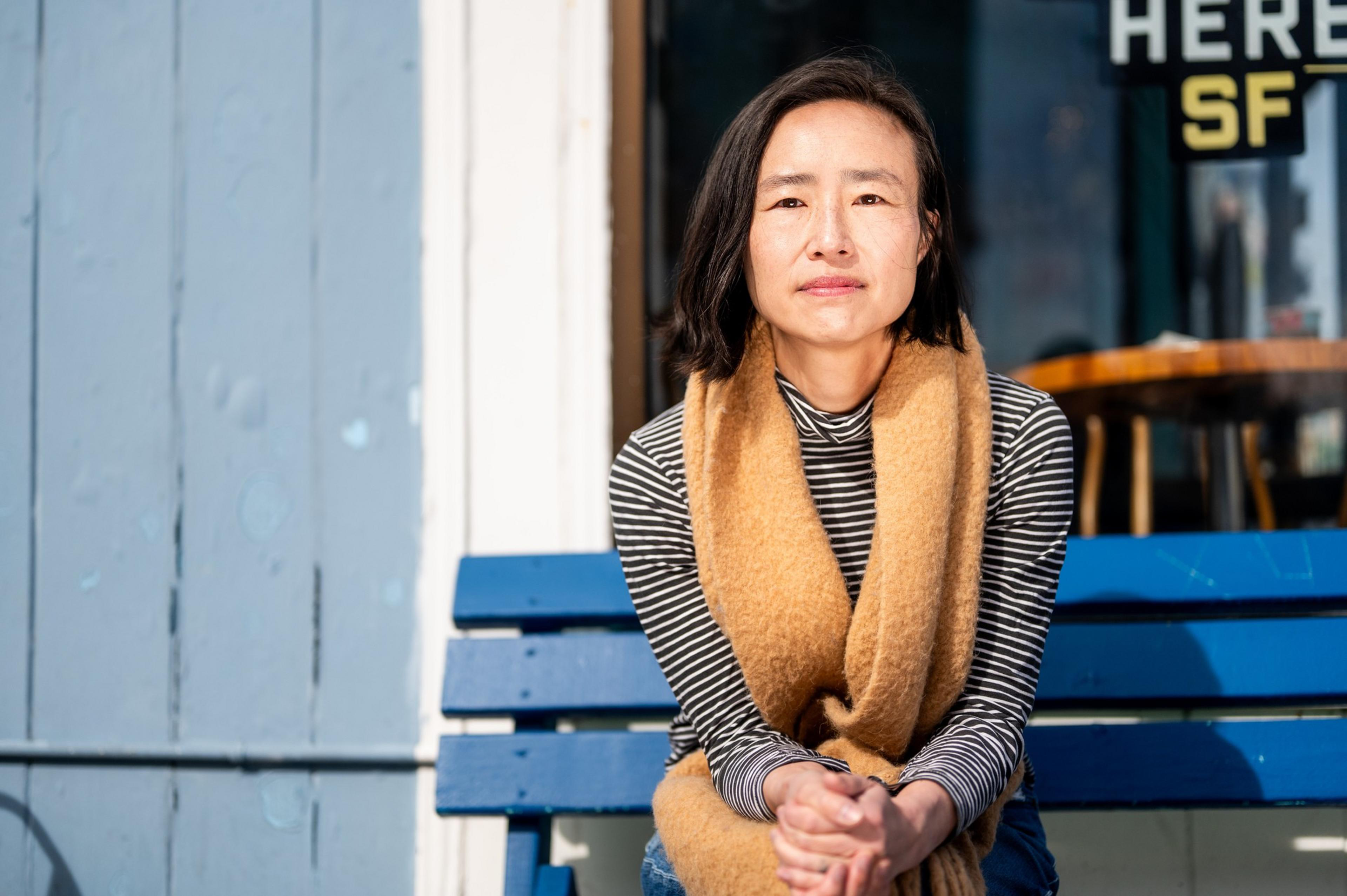In his first post-victory interview with Chinese media (opens in new tab), San Francisco Mayor-elect Daniel Lurie repeated a line that had dominated his campaign.
“Our message of making sure that public safety is the No. 1 priority for the next mayor resonated,” Lurie said. “We won on a mandate for change.”
Over the past few years, candidates and ballot measures focused on public safety, supporting law enforcement, and combating crime have consistently succeeded — from the 2022 district attorney recall to the election of pro-police supervisors and the March primary’s moderate sweep in the Democratic County Central Committee.
However, November’s election results were a mixed bag. Several public safety candidates, including all the mayoral and supervisorial candidates endorsed by the police union (opens in new tab), lost. Proposition F, which would have enhanced police retirement benefits to help maintain staffing levels, was unexpectedly defeated, with 55% voting against it — a sharp contrast to pro-law enforcement measures (opens in new tab) that passed easily in March.
Supervisor Matt Dorsey, a former police spokesperson who led the campaign for Prop. F, believes voters still prioritize public safety. He attributes the measure’s failure in part to fiscal concerns.
“I am a little disappointed,” Dorsey said, “but I am not giving up on police staffing.”

Dorsey suggested that Prop. F may have been drowned out among measures on November’s lengthy ballot. While he maintains that voters are dissatisfied with police staffing levels, Dorsey acknowledged that a ballot measure might not have been the most effective way to address the issue.
Election maps (opens in new tab) suggest that Prop. F’s defeat stemmed from an unusual alliance between fiscal conservatives on the west side and progressives throughout the city.
Several notable candidates who campaigned on public safety also lost; most notably, incumbent Mayor London Breed, who had the backing of the police union and vocally supported robust police budgets. Former mayor Mark Farrell and supervisorial candidate Marjan Philhour, both backed strongly by law enforcement unions, also lost their races.
Supervisor Aaron Peskin, who lost his mayoral bid, said these candidates fell flat because of moderate-leaning groups trying to “advance their candidates and hype up crime, and it backfired.”
Peskin supported Prop. F, sparking controversy within progressive circles, with Supervisor Hillary Ronen quitting her committee post in protest.
In District 1, progressive incumbent Connie Chan defeated Philhour by more than 1,200 votes, despite Philhour’s heavy focus on public safety. It became a major campaign issue, with Philhour repeatedly criticizing Chan as soft on crime.

Chan said public safety is top priority, but “law enforcement is only one piece of the entire system.” She argued that there’s work outside of policing that needs to be done to keep San Franciscans safe, such as improving inequality and investing in community infrastructure.
District 1, including the Richmond, reports some of the city’s lowest crime rates. Citywide crime statistics have also been declining, a point Breed frequently highlighted (opens in new tab) during her campaign.
Chan acknowledged that her vocal opposition to Proposition K, a controversial ballot measure to close the Great Highway, may have helped her win by demonstrating to the district that she’s not an ideologue and will fight for the community.
Political consultant David Ho suggests that while public safety remains crucial, voters are also focused on housing and affordability. He notes that successful candidates Lurie and Bilal Mahmood, who defeated Supervisor Dean Preston, maintained strong positions on public safety while addressing other issues.
Overall, being “tough on crime” still appears to generate significant voter support.
Proposition 36, which strengthens penalties for drug offenses and theft, passed decisively among San Francisco and California voters. District Attorney Brooke Jenkins, known for her tough-on-crime approach, won her first full term by a significant margin after completing former DA Chesa Boudin’s term following his 2022 recall.
“What Californians and Americans are saying is, ‘We demand safety,'” Jenkins said. “That’s a fundamental right we have.”
